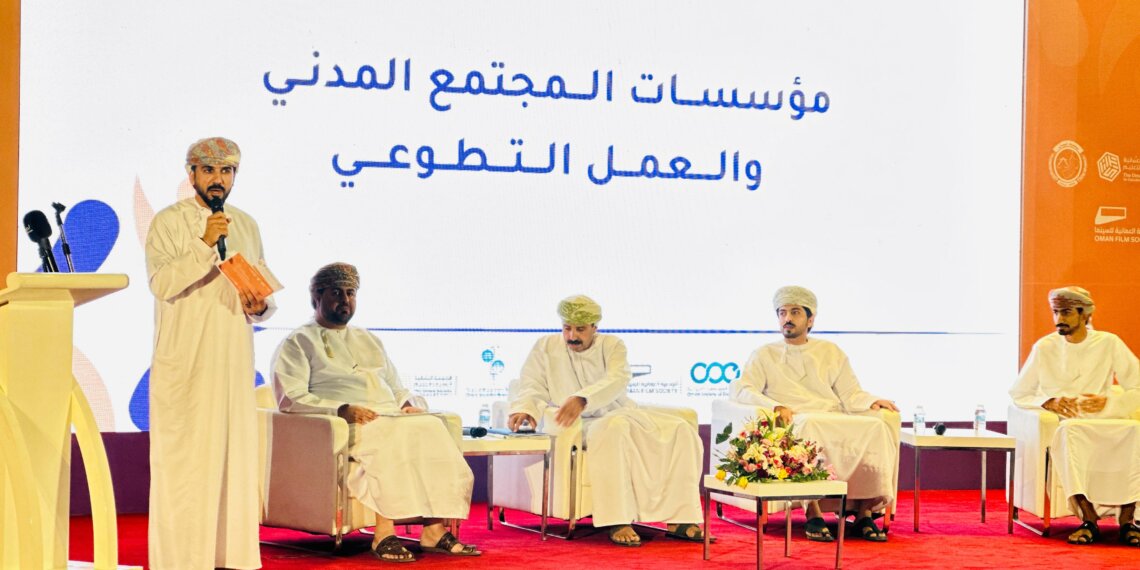Civil societies are an important instrument for protecting human rights, both locally and internationally. In Oman, national laws allow civil societies and human rights nongovernmental organizations to form, yet they also severely restrict their ability to operate. These organizations cannot work independently in Oman as they are tightly regulated by the government. As a result, any organization that could threaten the government is blocked by them.
It is important to note that civil societies played an important role in the Arab Spring as civic actors challenged old regimes and led pro-democracy protests. Unfortunately, this resulted in more brutal crackdowns on opposition forces, such as civil societies, by the government. Although civil societies were monitored before, they were significantly more independent and could exercise more freedom of speech. Therefore, the recent restrictions on these organizations can be tied to this historical moment and viewed as a strategy to avoid future protests against the government.
In Oman, a civil society may be deregistered if they carry out activities outside of the ones they were established to do, meaning that the civil societies cannot evolve or expand. This heavily limits their freedom and ability to cater to the changing needs of society. In addition, a civil society will be denied registration if its work is considered too similar to that of an existing organization. The authorities state that this is for “efficiency” reasons, but given the role that the assembly of civil societies played in the Arab Spring, it is not too farfetched to speculate whether this regulation is linked to ensuring that the organizations cannot gain more power and attempt to change the status quo.
According to the 2014 Royal Decree on Omani citizenship law, the Ministry of Interior has the right to revoke the citizenship of Omanis who join organizations deemed in opposition to national interests. Similarly, the Omani 2018 penal code permits authorities to detain individuals who “establish, operate, or finance an organization aimed at challenging the political, economic, social, or security principles of the state”. Therefore, although civil societies are legal, their freedom is heavily curtailed through severe monitoring and punishment. With the threat of incarceration and unlawful punishments, Omani civil societies are unable to work to their full capacity and support human rights in the country. Given that Oman has not yet signed the International Covenant on Civil and Political Rights, there is little legal commitment from the state to improve its situation.
The ability of civil society organizations to operate without restrictions is directly linked to how democratic and free a country is. As such, the level of restrictions imposed on civil societies can be used as an indicator to assess the human rights situation in a place. CIVICUS, the global alliance of civil societies, has repeatedly classified Oman as having a repressed civic space. On CIVICUS’ scale from 0 to 100, where 100 means the country’s civic space is completely open and free, Oman scored 22 in 2023. This low score is very concerning because it means there is limited space for civic actors to speak out against human rights violations without risk of persecution. Furthermore, the Freedom House scored Oman 1 out of 4 for the question “Is there freedom for nongovernmental organizations, particularly those that are engaged in human rights– and governance-related work?” and overall 24 out of 100 on the freedom scale in its 2024 report. These ratings illustrate how poorly Oman is doing in promoting the freedom of civil societies and protecting the civic space.
It is evident that Oman attempts to limit civil societies’ ability to hold the government accountable for its violations. ADHRB urges Oman to ensure its policies and legislations allow civil societies to work freely. As part of this, it is imperative that Oman signs the International Covenant on Civil and Political Rights to protect the civil rights of its citizens and residents. Civil societies should be independent and free to express negative judgment on the government if they uncover violations. Oman must create an enabling environment for civil societies, civic actors, and human rights defenders.





